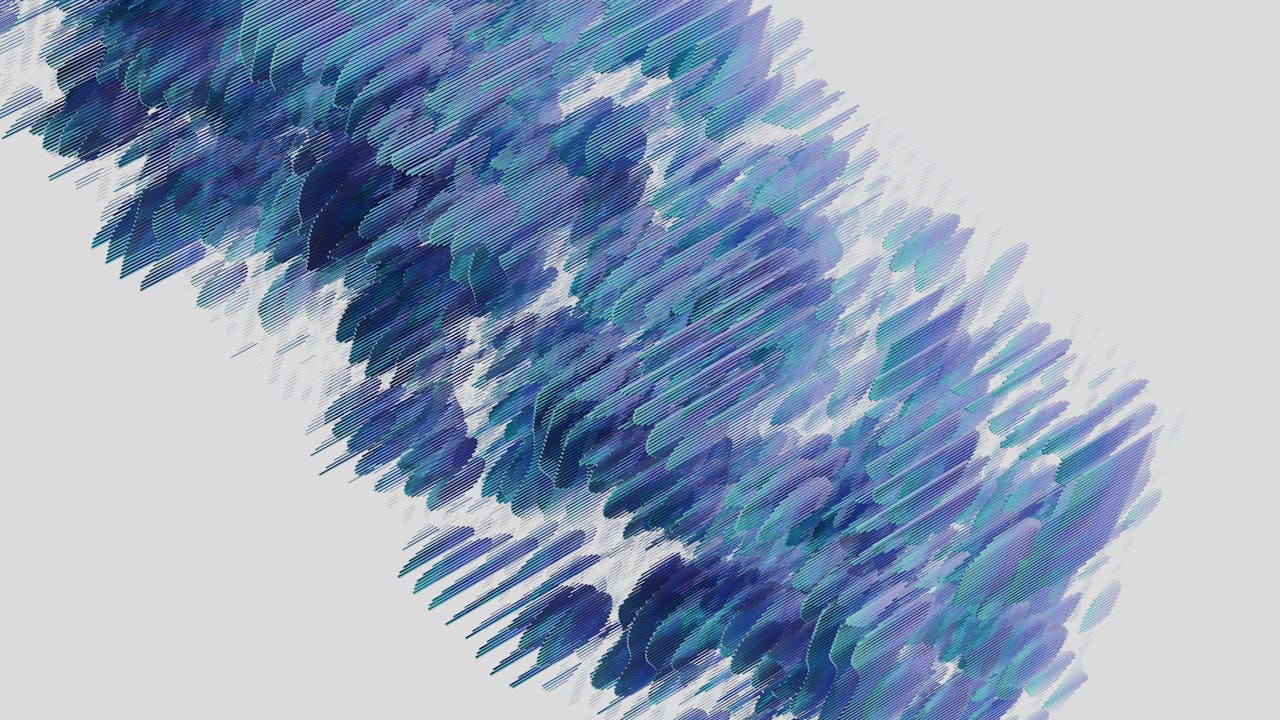Voices is a series of conversations with innovators shaping the future of sustainable materials. We share stories of designers, scientists, producers and brand pioneers who have used Materiom’s tools and data as catalysts for their work. Each feature highlights how open knowledge empowers innovation — from early experiments to spinout labs, new ideas to impactful enterprises, breakthrough materials to real-world products.
Dr. Fiona Bell's journey began in mechanical engineering, where she focused on materials science before pivoting toward biodesign. That shift eventually led her to a PhD in Creative Technology and Design at the University of Colorado Boulder, and now to her current role as an Assistant Professor at the University of Maryland Baltimore County, where she is founding the Entangled Ecologies Lab.
Her work explores sustainable alternatives to conventional materials such as plastics and aluminum—everything from mycelium and agar-based bioplastics, to bacterial textile dyes and cellulose leathers.
“By exploring the intersection of materials, biology, and technology, and seeing how these systems entangle in really powerful ways, we can start working towards more regenerative futures,” says Fiona.
A postdoctoral stint at the University of New Mexico’s Hand and Machine Lab honed her expertise in developing 3D-printable biomaterials from local waste streams like eggshells, orange peels, and sawdust — innovations she has since shared on the Materiom Commons to inspire others.
Fiona references Materiom as one of the first resources she turned to during her PhD:
“It was my starting point—a place to explore recipes and understand how others were experimenting. A go-to resource that I have returned to for recipes, methods and inspiration.”
Rethinking how we teach materials
In her classroom, Fiona wants to rewrite the script. Traditional engineering education, she argues, still teaches a linear “take-make-dispose” model. Her goal is to make circular thinking the norm, not the alternative.
“I took so many courses during my engineering degree where we talked about prototyping and the life cycle of products and materials, but it was always linear. That’s such a small yet easy change to make in a course — just posing the question: what would it look like if things were circular?”
She integrates hands-on biodesign workshops into her teaching, helping students experience the messy joy of experimentation. For her, direct engagement with living or waste-derived materials is the fastest route to shifting values and aesthetics—precursors to broader cultural change.
The beauty of iteration (and failure)
For Fiona, material development is a feedback loop. She documents every outcome—including failures—because understanding why something didn’t work is often the key to the next discovery.
“One of my main goals is not just to showcase these materials, but to present the workflow in a way that enables others to understand what to think about when iterating. While it would be great to see my recipes being used, I would love to see new recipes building on my workflow.”
Scaling differently: distributed, local, and cultural
Rather than chasing industrial-scale production, Fiona envisions distributed scalability—a world where anyone can make materials using locally abundant waste. She lights up when describing “hyper-specific” regional resources: crab shells in Baltimore, green-chili skins in New Mexico.
“Why not start with what your community already has?” she asks. “The point isn’t mass production—it’s local resilience.”
Inspirations, and advice for emerging innovators
Among Fiona’s inspirations are the Biodesign Challenge, which opened her eyes to the creative potential of biology, and community labs like the Baltimore Underground Science Space and GenSpace—pioneers of grassroots biodesign access.
For Fiona, the act of making reshapes how we see and value materials. Her message to new bio-based material innovators is simple:
“Get your hands dirty. Fail. Revel in the mess of it all. There are so many rich lessons to be learned. My personal values have shifted. My personal perception of materials has shifted. My personal perspective on aesthetics has shifted. If we want to start making these large-scale cultural, societal changes, it starts with yourself.”
Learn more
To learn more about Fiona’s work, visit the Entangled Ecologies Lab.
To join the Materiom Community, visit the Materiom Commons.




